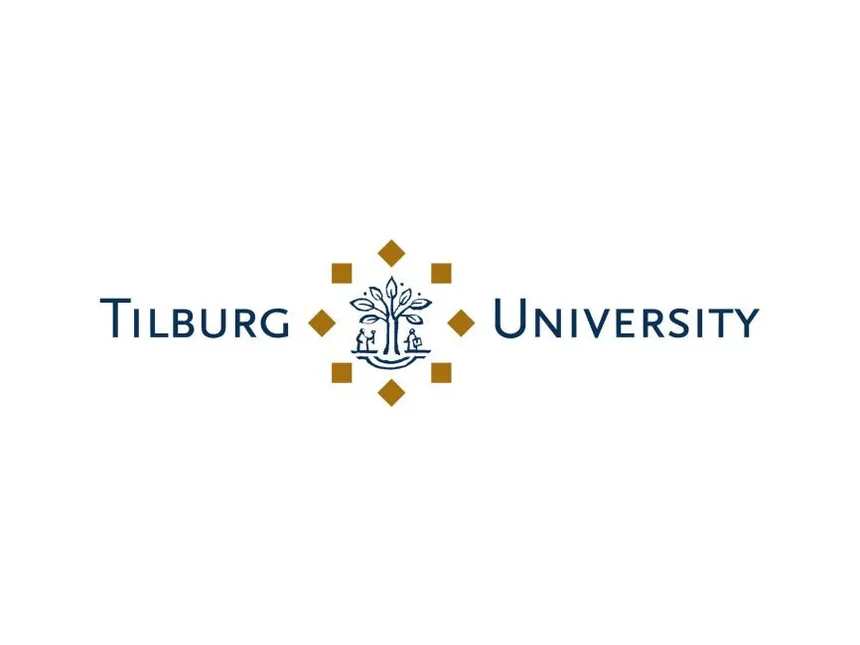Teaching
Redwood National Park, California
At Tilburg University, I teach a broad range of media and cultural studies courses through interdisciplinary methods. To see what courses I am currently teaching, please visit my faculty profile page.
At the University of Oregon, I was an instructor of record of college writing and literature classes, and I also assist in Women’s, Gender, and Sexuality Studies courses, where I provide and scaffold feedback on assignments.
My desire to effect program-wide changes led me to successfully apply for the role of Assistant Director of Composition, with the goal of planning projects to support equity and inclusion in the UO’s largest program, the composition program, through which around 7,000 students pass each year. As Assistant Director of Composition, I created online materials to show instructors how to reach out to students in crisis and connect them with resources. I also designed trainings for new teachers on how to lead discussions about complex issues, such as racism, when the stakes of such issues are different for every student in the class and are particularly high for students of color. The training materials I designed demonstrated my commitment to supporting diversity, for which I was awarded a “Commendation of Equity and Inclusion in the Teaching of Argumentative Writing” in 2019.
The Sea Education Association (SEA) is one of seven well-known oceanography institutions in Woods Hole, Massachusetts, USA. SEA’s primary focus is on semester-long marine science programs for college students. I was the Ocean & Society instructor for SEAScape, a high-school program for ambitious students looking to gain college-level experience. As instructor of Oceans & Society, I taught a college-level course on the historical, political, cultural, and economic relationships of the Atlantic. I worked with an oceanographer to develop an integrated curriculum in which students might learn how to use both humanistic and scientific skillsets in their scholarly inquiries.
Read about online courses I’ve taught in Teaching Environmental Literature Online.
Decolonizing Globalization Research Colloquium
Reading Migration through Environmental Justice
This research colloquium was organized by Kate Huber, Odile Heynders, Michiel Bot, and Phillip Paiement and funded by the Tilburg School of Humanities and Digital Sciences. The film was produced by Annabelle Zwarter.
As migration to Europe increases amid the intensifying climate crisis, national borders are increasingly becoming exclusionary spaces. These dynamics of inclusion and exclusion unevenly distribute the benefits and burdens of extraction economies among humans, more-than-humans, and environments, making climate migration into an environmental justice issue. Intersections among immigration law, material environments, and cultural production in a diversifying Europe consequently raise questions about globalization, constructions of territorial borders, and national identity that environmental justice theory helps to answer.
In fall 2023, scholars from across Tilburg University gathered to share their research and develop interdisciplinary environmental justice methodologies for understanding migration, place, and indigeneity in Europe. This film showcases the collaborative efforts between the Tilburg School of Humanities and Digital Sciences (TSHD) and the Tilburg Law School (TLS) to reframe how we think about intersections of race, environment, and justice in European cultural production, immigration policies, and social movements.

